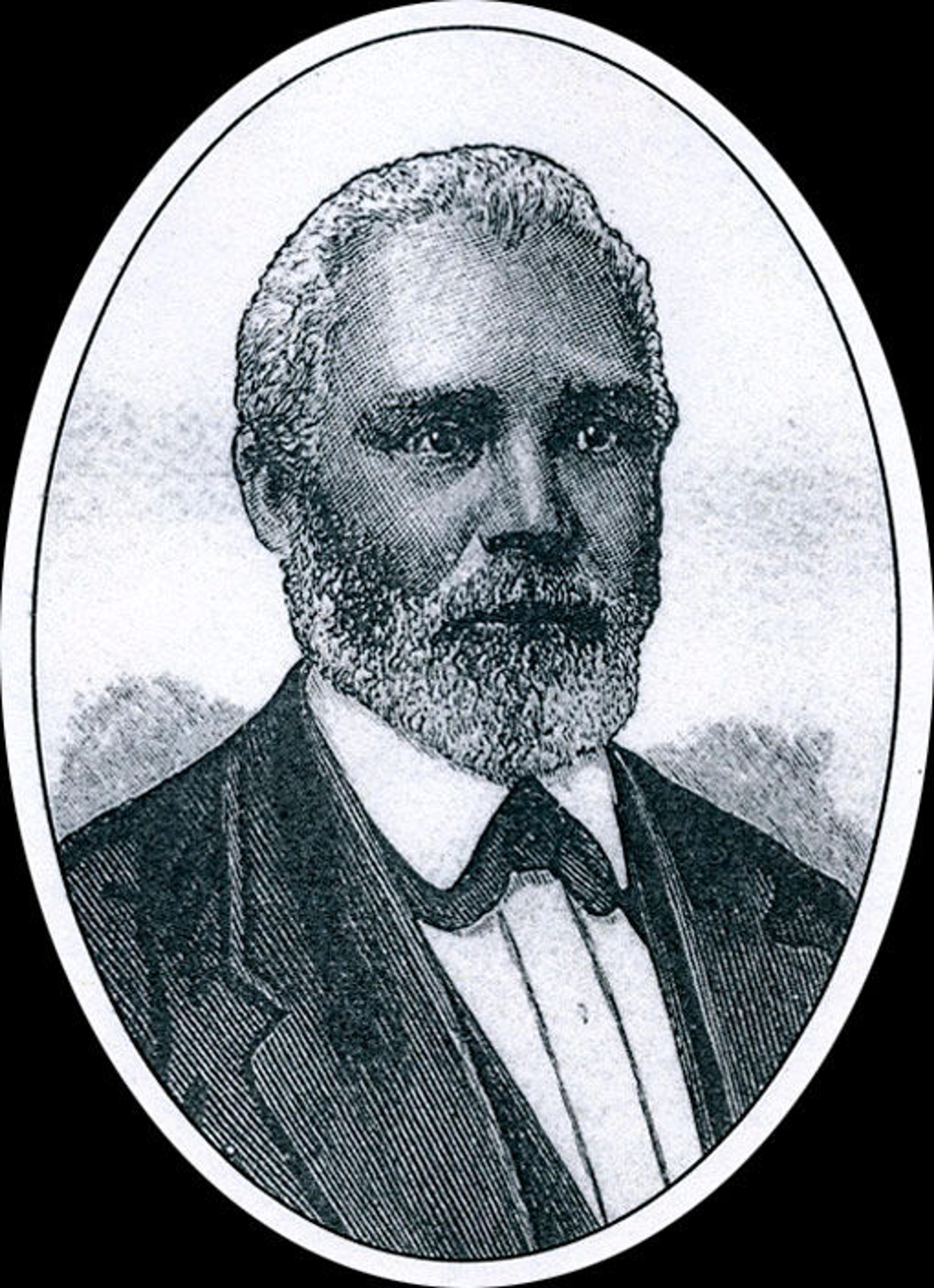The Legacy of Guitar Virtuoso Justin Holland Lives On

Justin Holland. Image courtesy of Martin Museum Archives
«One of the earliest American guitar virtuosos was the African-American Justin Holland, who built a steady career as a performer, composer, and arranger, even before the Civil War. One of the most important guitarists of his generation, Holland was also an avid endorser of the guitar-builder Christian Frederick Martin, many of whose guitars are currently exhibited in Early American Guitars: The Instruments of C. F. Martin, on view through December 7.»
Guitarist Ernie Jackson recently recorded Holland's arrangement of "Rochester Schottische" using an early Martin guitar from the Museum's collection. As a scholar who specializes in the literature of Justin Holland, Mr. Jackson offered us a few thoughts about the effect this pioneering American guitarist had on his own musical development:
As a young boy I was always drawn to the guitar. I took up the instrument at age sixteen, and decided that I would become a professional guitarist. Thanks to very supportive grandparents who loved music, there were no obstacles to my dream. In 1983 I won a music scholarship to Wagner College in Staten Island, where I studied classical guitar with Ed Brown. During the first concert I attended my freshman year, I heard "Rochester Schottische" played by fellow classmate John Salvaggio. The piece's importance lays in the fact that it was arranged by Justin Holland, the first black classical guitarist to emerge during the nineteenth century. Being that I was the only black guitarist to ever be in Wagner College's guitar program, I immediately felt a connection with Justin Holland's story and life.
Justin Holland was born free in Norfolk, Virginia, in 1817. He moved to Boston after Nat Turner's Insurrection and soon discovered the guitar. After taking lessons, he then went to study near Oberlin College in Cleveland, Ohio—where he remained the rest of his life. Holland was an educator, an arranger of over three hundred works, a composer of over thirty original compositions, and a Freemason.
In the fall of 1992, I enrolled as a graduate student in classical guitar at the Manhattan School of Music. The first day of repertory class was led by guitarist David Starobin, and I immediately felt intimidated in this room filled with the best guitarists in the world. I came home sad and felt inadequate in the class—but then I thought, "I was in that same room!"
Later that day I was reading an issue of Guitar Player magazine, and saw an article about Justin Holland written by Benjamin Verdery, the guitar instructor at Yale University. After reading that article, and the day I had had, I knew that my mission to make a difference in the world of classical guitar was to bring the music of Justin Holland to more people.
Along with the 1995 release of my book, The Music of Justin Holland, 1817–1887: 10 Solo Pieces Arranged by the Prominent 19th-Century African-American Classical Guitarist, I performed and recorded all of the pieces transcribed in the book on an accompanying CD. After spending a year doing research, locating and transcribing the manuscripts, and a lot of hours practicing, I had finally done the best thing I could do for the great music Justin Holland gave us.
"Rochester Schottische" is truly a perfect "little ditty" from a unique period in American history. Enjoy.
—Ernie Jackson
Ernie Jackson performs "Rochester Schottische" on a Christian Frederick Martin guitar in the Vélez Blanco Patio, Gallery 534
Related Link
Early American Guitars: The Instruments of C.F. Martin
Jayson Dobney
Jayson Dobney is the Frederick P. Rose Curator in Charge in the Department of Musical Instruments.